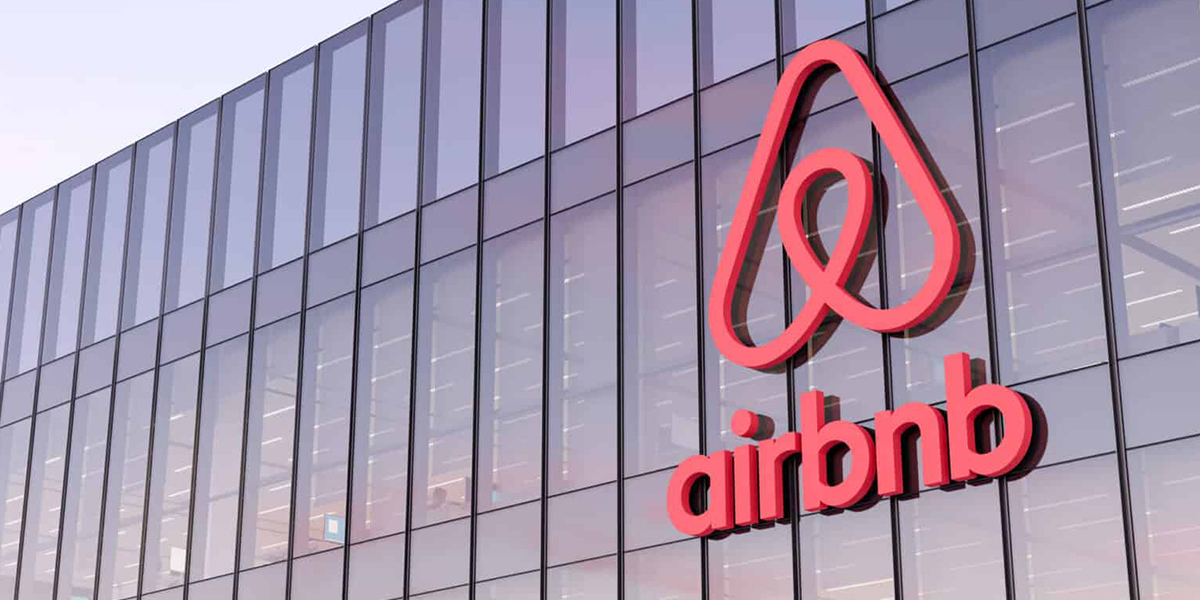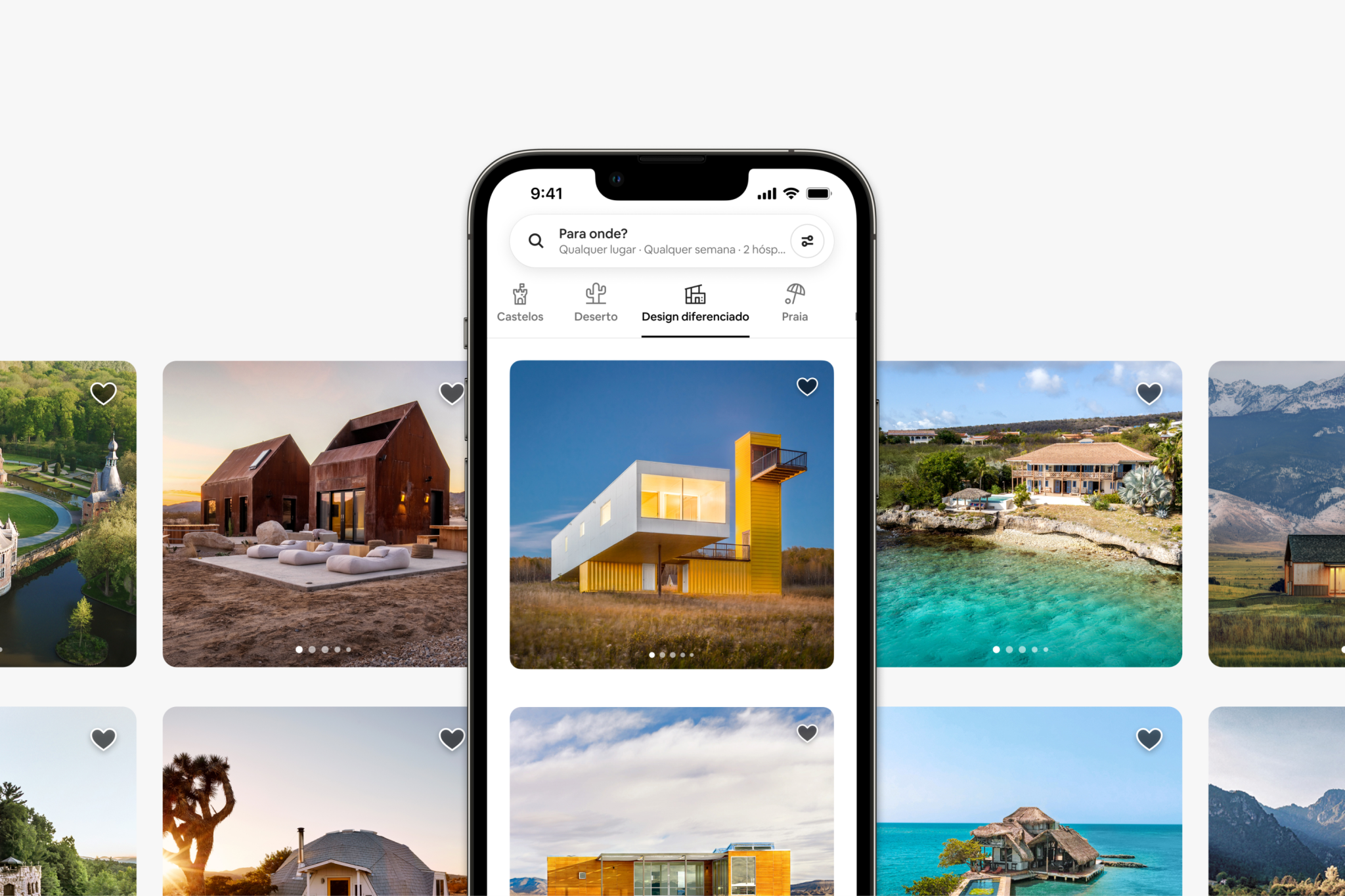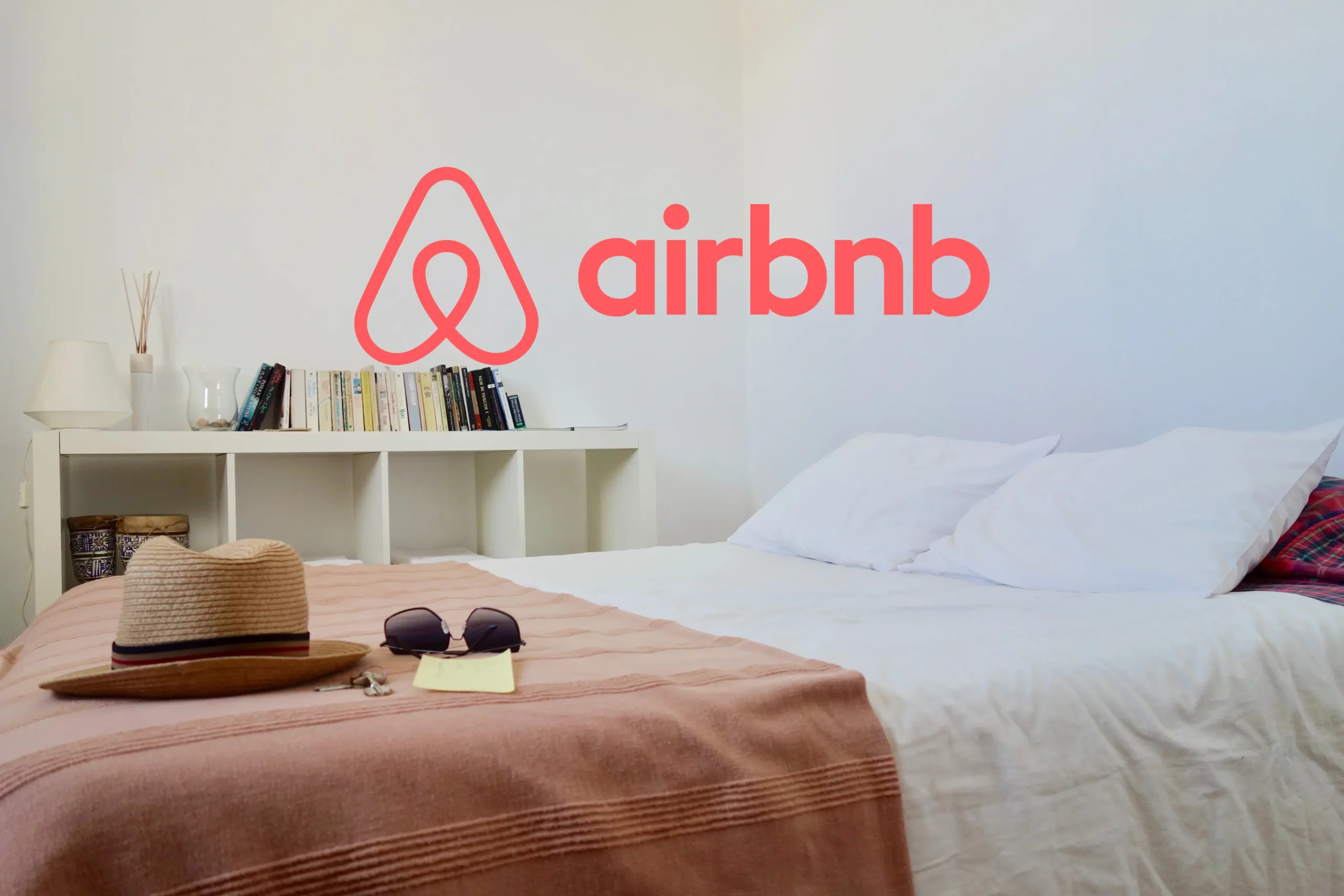The platform reinforces its dedication to guest privacy while maintaining security measures that respect everyone’s rights

Airbnb, the popular short-term rental platform, has recently announced a significant policy change regarding security cameras in its listings. As part of efforts to prioritize guest privacy and simplify its policies, Airbnb is now banning the use of indoor security cameras across all its properties worldwide. Let’s delve into the details of this update and its implications.
The Previous Policy
Until now, Airbnb allowed hosts to use indoor security cameras in common areas of their listings, such as hallways and living rooms. However, these cameras had to be disclosed on the listing page before booking, clearly visible, and not located in spaces like sleeping areas and bathrooms. The goal was to strike a balance between security and privacy.
The New Policy
The updated policy takes a more straightforward approach: indoor security cameras are not allowed inside listings, regardless of their location, purpose, or prior disclosure. This means that hosts can no longer use cameras in any part of their property, including common areas. The change aims to provide greater clarity for both hosts and guests.
Read more: The City Squares of The Middle East Light Up for Ramadan

Impact on Listings
The majority of Airbnb listings do not currently have security cameras. Therefore, this update is expected to impact a smaller subset of properties on the platform. However, for those hosts who were using indoor cameras, it’s essential to comply with the new policy by removing them by April 30.
Outdoor Cameras and Noise Monitors
While indoor cameras are now prohibited, Airbnb still allows the use of outdoor security cameras and other devices. Hosts can use doorbell cameras and noise decibel monitors to enhance security and address issues like unauthorized parties. However, there are specific rules:
- Disclosure: Hosts must disclose the presence and general location of any outdoor cameras before guests book.
- Indoor Monitoring: Outdoor cameras cannot monitor the indoor spaces of a listing.
- Privacy Considerations: Cameras are not allowed in certain outdoor areas with a greater expectation of privacy, such as enclosed outdoor showers or saunas.
- Noise Decibel Monitors: These devices assess decibel levels only and do not record or transmit sounds or conversations. They are allowed in common spaces of listings.
Note: Hotel listings are permitted to have cameras that monitor indoor common spaces such as lobbies, hallways, and restaurants.

Read more: Saudi Arabia to Build a Silicon Oasis
Community Input and Compliance
Airbnb developed these changes in consultation with guests, hosts, privacy experts, and advocacy groups. The revised policy will take effect on April 30, allowing hosts time to adjust. Violations of the policy may result in listing removal or account actions.
As Airbnb continues to evolve, it remains committed to creating a safe and respectful environment for its global community. By banning indoor security cameras, the platform reinforces its dedication to guest privacy while maintaining security measures that respect everyone’s rights.
Whether you’re a host or a guest, understanding these policy updates ensures a positive experience on Airbnb. So, let’s embrace these changes and continue to enjoy the unique travel opportunities the platform offers.
